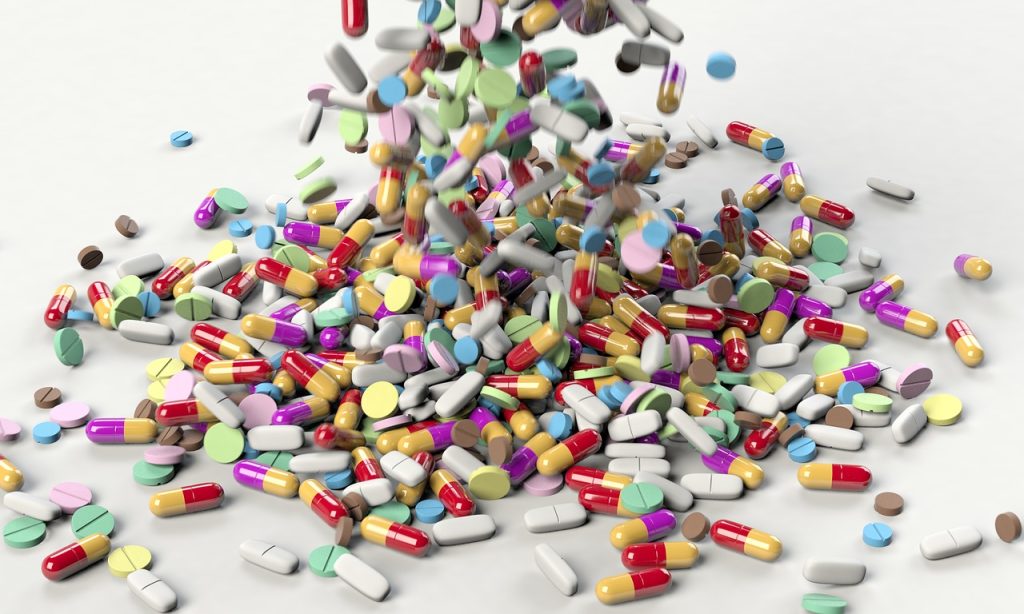
World Antimicrobial Awareness Week (WAAW) runs every year from the 18th to the 24th of November. It is a global campaign to raise awareness around the risks of the overuse of antibiotics.
Antibiotic resistance or Antimicrobial resistance (AMR) happens when germs, such as bacteria, viruses or fungus that can cause infections begin to resist the medicines used to treat them. These resistant bacteria can then spread and potentially infect people or animals which can be difficult to treat.
Antimicrobials are medicines that kill or slow the growth of germs (bacteria, virus, fungus) that cause diseases. Antibiotics are the most commonly prescribed antimicrobial; their main use is to help the body’s natural immune system fight bacterial infections.
Antibiotic resistance can occur naturally in bacteria, it often gets worse when people are taking antibiotics. The bacteria adapt, become resistant to antibiotics, and begin to multiply instead of dying. There is a common myth that people become resistant to antibiotics, but this is not true – it is the bacteria becoming more resistant, not the person or animal.
These bacteria that have gained a resistance to antibiotics can easily spread and infect more people or animals, making it harder to treat common infections in both. Some bacteria are now so resistant that there are no antibiotics that can be used to help treat certain infections, and there are very few new antibiotics available to replace them.
Simply put, the more antibiotics we use, the faster and more serious resistance develops in bacteria. We can’t just rely on new antibiotics to fight these resistant infections, we need to reduce the risk of bacteria developing resistance by:
- Preventing infections by regularly washing your hands and keeping up to date with vaccinations.
- Prevent food-borne infections by washing fruits and vegetables and cooking food properly.
- Understand that antibiotics only work against bacteria. They do not work for colds and flus which are caused by viruses.
- Don’t pressure your health professional for antibiotics if they say you don’t need them, ask about other ways to relieve your symptoms.
- Only take antibiotics when they are prescribed for you, don’t use or share leftover antibiotics.
- Follow your health professional’s instructions when you are prescribed antibiotics.
Antibiotics are a medicine and, like all medicines, they can cause side effects. When you take antibiotics when they are not needed, you are taking unnecessary risk. As always, check with your medical professional regarding any use of medications.